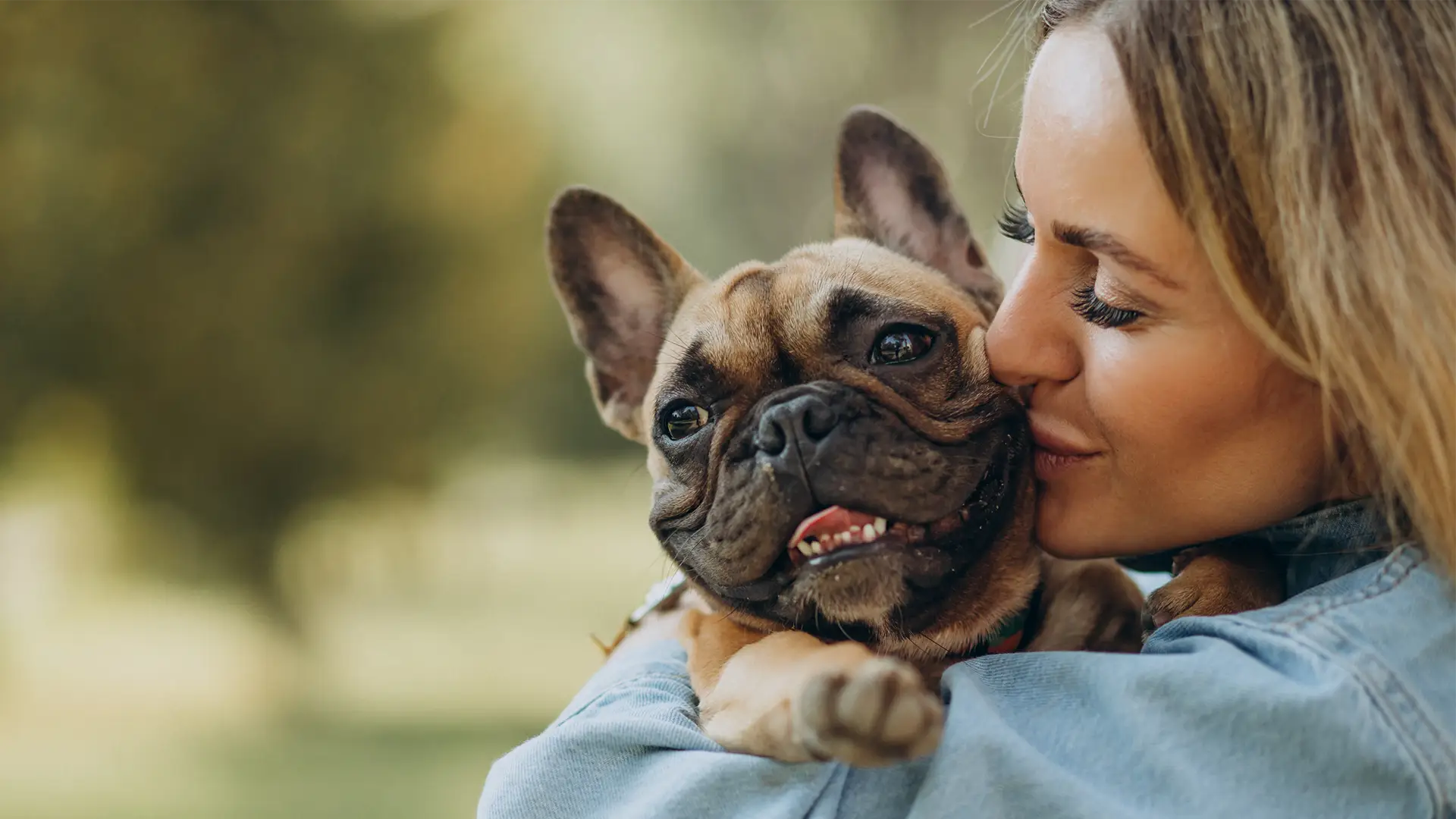Cleaning products can pose various dangers to pets if ingested, inhaled, or if they come into contact with their skin. Some common dangers include:
Toxic Ingredients: Many cleaning products contain chemicals that can be toxic to pets if ingested or absorbed through the skin. Ingredients like bleach, ammonia, formaldehyde, and certain essential oils can be harmful or even fatal to animals.
Ingestion: Pets, especially curious dogs, and cats, might lick or ingest cleaning residues left on surfaces. This can lead to poisoning, upset stomach, vomiting, diarrhea, and other gastrointestinal issues.
Skin Irritation: Harsh chemicals in cleaning products can cause skin irritation or burns if they come into contact with a pet’s skin. Pets with sensitive skin are particularly vulnerable.
Respiratory Irritation: The fumes from cleaning products, especially those with strong fragrances or volatile chemicals, can irritate a pet’s respiratory system. This can be particularly problematic for pets with respiratory conditions like asthma.
Allergic Reactions: Just like humans, pets can have allergic reactions to certain chemicals or ingredients in cleaning products, leading to symptoms like itching, redness, and discomfort.
Accidental Spills: Accidental spills of cleaning products can result in pets walking through or licking the substances, leading to health issues.
Choking Hazard: Some cleaning tools, such as scrub brushes or sponges, can be ingested by pets, posing a choking hazard.
Open Containers: If pets can access open containers of cleaning products, they might knock them over or consume the contents, leading to potential poisoning.
To minimize these risks, consider the following precautions:
Choose Pet-Safe Products: Opt for cleaning products specifically labeled as safe for pets. Look for non-toxic, biodegradable, and eco-friendly options.
Read Labels: Read ingredient labels and safety information on cleaning products to identify potential hazards.
Ventilation: Ensure good ventilation while using cleaning products to minimize fume exposure.
Store Securely: Keep cleaning products out of reach of pets in a high, locked cabinet.
Rinse Thoroughly: If you’re using a cleaning product on surfaces your pet might come into contact with, be sure to rinse the area thoroughly to remove any residue.
Supervision: Keep pets away from areas you’ve just cleaned until the surfaces are dry and any fumes have dissipated.
Test Before Use: Test any new cleaning product on a small, inconspicuous area to ensure it doesn’t cause a negative reaction.
In case of accidental exposure or ingestion of cleaning products, contact your veterinarian or an emergency animal clinic immediately. Always prioritize your pet’s safety when choosing and using cleaning products in your home.

There is also the safest way to ensure your pet’s well-being when it comes to cleaning the house. There are several pet-friendly cleaning products you can use to maintain a clean and safe home for your furry friends. These products are designed to be non-toxic and safe for both pets and humans. Here are some options:
Vinegar Solution: A mixture of white vinegar and water can be used to clean various surfaces in your home. It’s safe for pets and acts as a natural deodorizer.
Baking Soda: Baking soda can be used to clean, deodorize, and even scrub surfaces. It’s non-toxic and safe for pets. You can use it in combination with water or vinegar.
Pet-Safe Multi-Surface Cleaners: There are commercially available cleaners specifically labeled as pet-safe. These are formulated without harsh chemicals that could be harmful to pets.
Natural/Organic Cleaning Brands: Look for cleaning brands that prioritize using natural and organic ingredients. These products tend to be gentler on the environment and safer for pets.
Hydrogen Peroxide Solution: A diluted solution of hydrogen peroxide and water can be used to clean and disinfect surfaces. Make sure to dilute it properly and test it on a small area first.
Enzyme-Based Cleaners: Enzyme-based cleaners are great for tackling pet stains and odors. They break down organic matter, eliminating odors at the source.
Steam Cleaning: Steam cleaners use hot water vapor to disinfect and clean surfaces. They don’t require chemical cleaners and can effectively sanitize pet-related messes.
Microfiber Cloths: These cloths can be used with just water to clean surfaces effectively, reducing the need for chemical cleaners.
Essential Oils: Some essential oils, like lavender or tea tree oil, can have natural cleaning properties and pleasant scents. However, be cautious, as some essential oils can be toxic to pets. Research which oils are safe before using them.
DIY Recipes: You can create your own pet-friendly cleaning solutions using simple ingredients like water, vinegar, lemon juice, and baking soda. There are plenty of DIY recipes available online.
Remember to always check labels, ingredients, and safety information before using any cleaning product in your home, especially if you have pets. Additionally, when using any new product, it’s a good idea to test it on a small, inconspicuous area to ensure that it doesn’t cause any adverse reactions on your surfaces.








































Leave a Reply